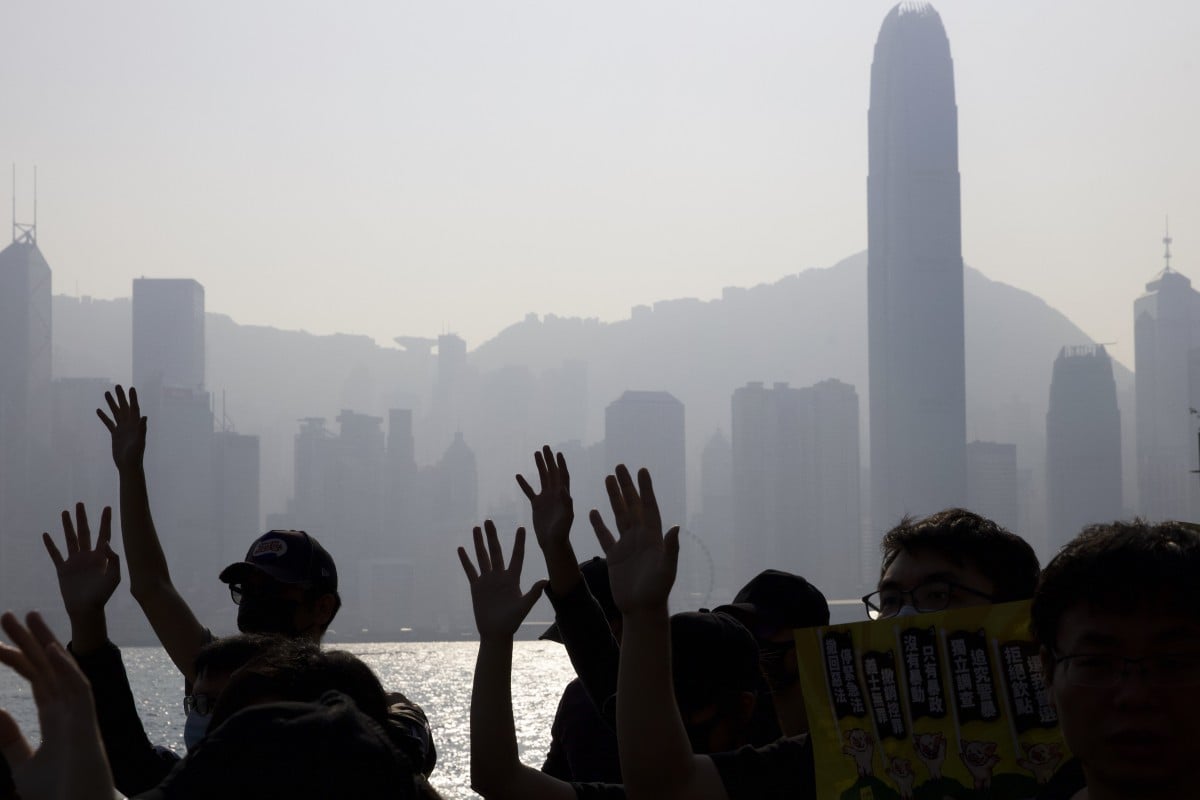He ruminated that when the Soviet Communist Party had 200,000 members, it seized power. When it had two million members, it defeated an invasion by Nazi Germany in World War II. But it lost power when it had 20 million members.
........... On the Chinese mainland, Xi’s anti-corruption campaign has decisively tamed widespread official corruption, but its side-effects have also become obvious. One of them is that officials have retreated into a lethargic mode and are averse to making any decisions, obfuscating government directives in order to deflect responsibilities. ......... the party’s forceful efforts to assert control have unnerved an increasing number of private entrepreneurs, reducing their appetite for investment. This has led to a downward trend for overall private investment, dragging down economic growth........ Even well-known political figures and businesspeople often disappear for months, if not years, before reports emerge that they are being held on corruption allegations. ........Hong Kong people’s distrust of the Chinese mainland’s law enforcement and judicial system was one of the key reasons behind massive protests against the now-withdrawn extradition bill, which would have allowed the city to send suspects to the mainland. The protests have since morphed into a wider anti-government and pro-democracy movement....... More than 40 years have passed since Deng made the monumental shift from Mao’s class struggle to a national emphasis on economic construction. Time is due for the Chinese leadership to make another strategic shift to the rule of law if China wants to become a responsible and respected world leader.How the Hong Kong protests affected overseas Chinese in Asia and beyond The anti-government demonstrations have not only impacted those in the city, they have been felt by Chinese communities everywhere from New Zealand to Canada ...... But protesters in India and Indonesia also described learning lessons from Hong Kong demonstrators ........ The estimated 1.5 million Chinese students studying at campuses around the world faced increased scrutiny as the protests in Hong Kong garnered international attention, especially when they defended Beijing’s policies. ........ South Korean students have complained about being targets of cyberbullying and doxxing in response to their support for Hong Kong protesters. ........ Several Chinese students who spoke to This Week in Asia, especially those who are apolitical, said they had tried to avoid engaging others on the issue, but increasingly felt like they were being forced to pick sides. “You are either pro-democracy, pro-human rights, or you are pro-China. They are putting us in this awkward position. We cannot say we are anti-China because we are from China,” one student said. ....... 208 Canadian Chinese groups in July jointly signing ads in Chinese-language newspapers in Canada denouncing the “radical” Hong Kong protesters.......... In September, thousands of Indonesians took to the streets to protest against the government’s proposed legislative changes, which critics said would restrict free speech and discriminate against women and minorities. ....... More recently, protests have flared up in India over the government’s controversial new citizenship law, which would grant citizenship to non-Muslim refugees from Pakistan, Bangladesh and Afghanistan..... A social media campaign soon started in solidarity with the mostly students who were assaulted while protesting against the law, taking lessons from other such movements such as the Hong Kong protests.
One of the first things they did was download the Bridgefy app, which allowed them to communicate with each other via Bluetooth, amid rumours that mobile and internet connections would be shut down.
#China And #XiJinping https://t.co/r2s7IEo3qB #HongKong #Beijing #CCP #reform #politicalreform #HongKongProstests #Chinese
— Paramendra Kumar Bhagat (@paramendra) January 11, 2020


No comments:
Post a Comment